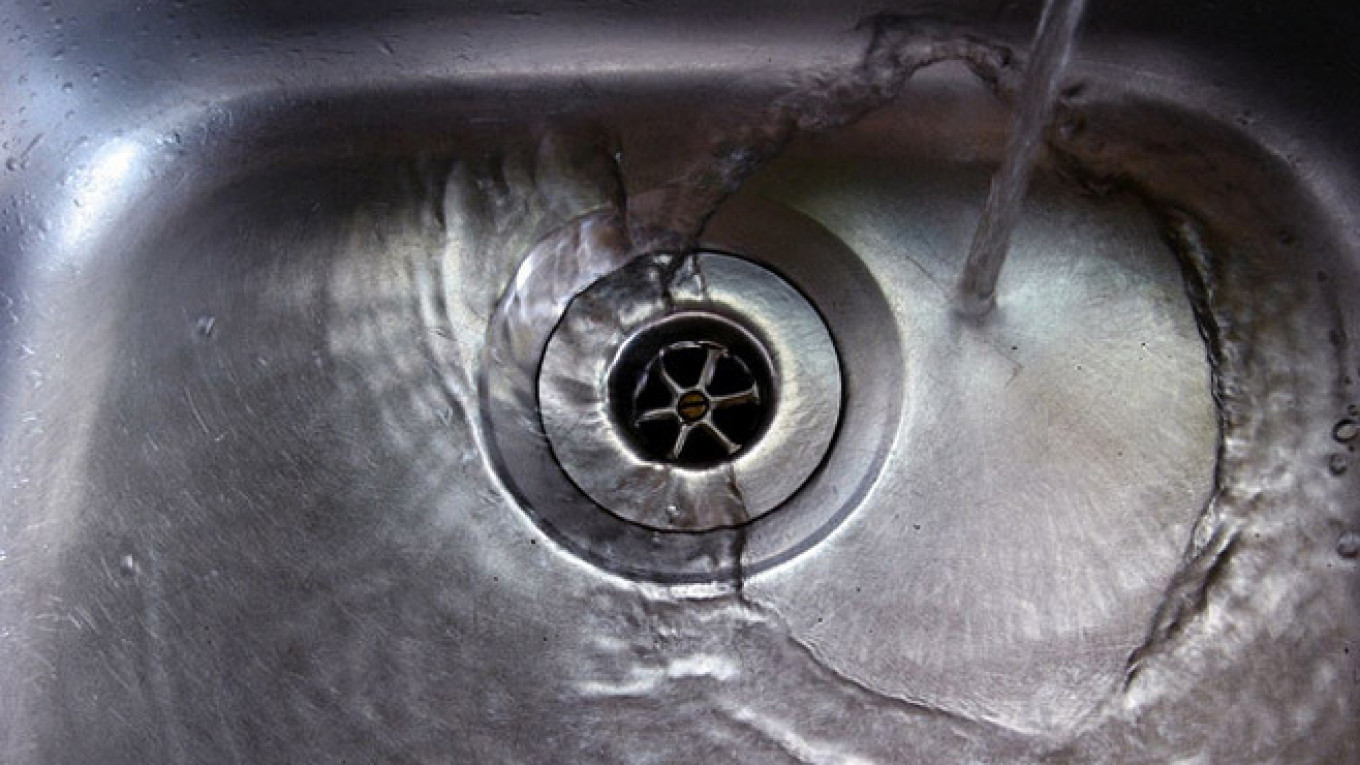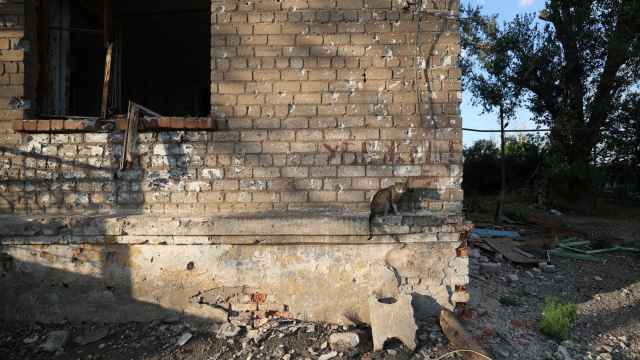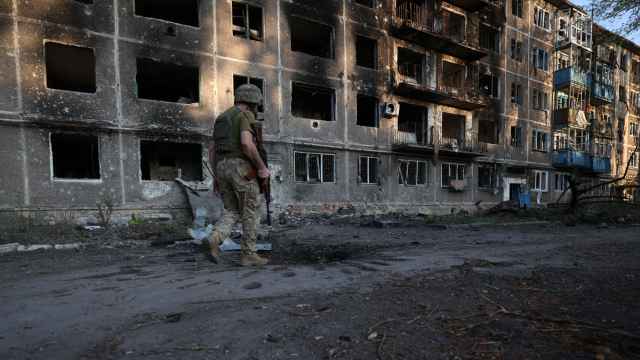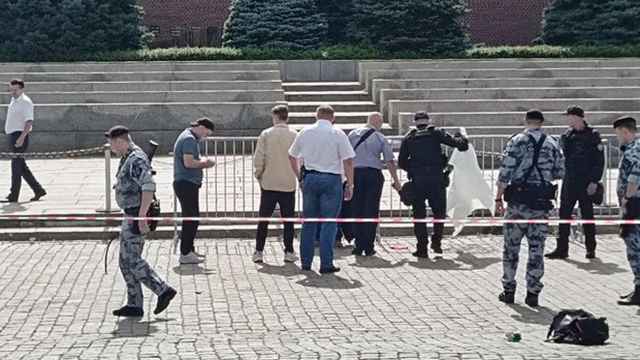Rising costs have sent Russian debt for housing and utilities services soaring above 1 trillion rubles ($20 billion), the RBC news agency reported, citing data from Russia's lead debt collection agency.
"This is the first time the debt has exceeded 1 trillion rubles," Anton Dianov, the managing director of the National Recovery Service (NRS) collection agency, told RBC.
As of May 1, Russian debt for housing and utilities services had risen 15 percent year-on-year, the NRS told the news agency. About 20 percent of citizens are late on their utilities payments, according to the NRS. The 1 trillion ruble sum also includes debt accrued by companies.
Rising utility prices have played a major role in this increase, Dianov told the agency, adding that the public's attitude towards these services is also important.
"There is a stereotype in consumer consciousness that utilities are paid for last. Many [consumers] accumulate debt for two to three months … [This] causes cash shortages for providers," Dianov said.
Another reason is the fact that many payments go through the accounts of intermediaries, where money sometimes gets stuck for a period of time before being transferred to providers, he added.
About 40 percent of the debt comes from unpaid heating and hot water bills, 25 percent from unpaid gas bills, 20 percent from electricity bills and the rest from late payments for cold water, repairs, cleaning and garbage disposal, according to the NRS.
Meanwhile, prices continue to rise: Moscow City Hall announced last week that costs for housing and utilities will rise again on July 1. The cost of utilities will rise by an average of 10 percent, Maxim Reshetnikov, the head of Moscow's economic policy department, was quoted as saying by the Interfax news agency.
The cost of utilities was last raised in Moscow on Nov. 1, when utilities climbed by an average of 7 percent, according to Interfax.
A Message from The Moscow Times:
Dear readers,
We are facing unprecedented challenges. Russia's Prosecutor General's Office has designated The Moscow Times as an "undesirable" organization, criminalizing our work and putting our staff at risk of prosecution. This follows our earlier unjust labeling as a "foreign agent."
These actions are direct attempts to silence independent journalism in Russia. The authorities claim our work "discredits the decisions of the Russian leadership." We see things differently: we strive to provide accurate, unbiased reporting on Russia.
We, the journalists of The Moscow Times, refuse to be silenced. But to continue our work, we need your help.
Your support, no matter how small, makes a world of difference. If you can, please support us monthly starting from just $2. It's quick to set up, and every contribution makes a significant impact.
By supporting The Moscow Times, you're defending open, independent journalism in the face of repression. Thank you for standing with us.
Remind me later.







